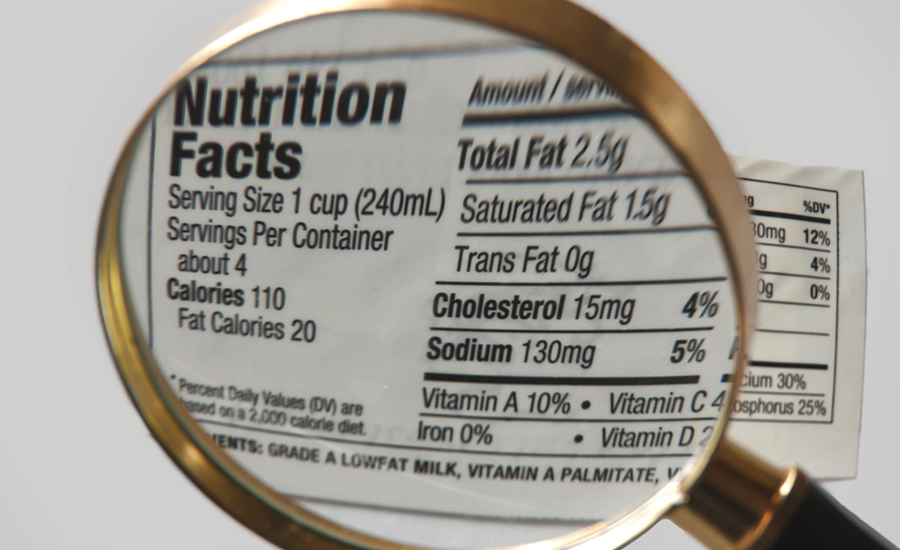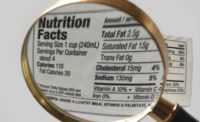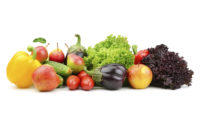Canadian consumers care now more than ever about their food. In fact, research from the Canadian Centre for Food Integrity’s (CCFI) 2019 Public Trust Research Report shows that while 91% of Canadians claim to know little, very little or nothing about modern farming practices in Canada, 60% of survey respondents, or three in five Canadians, are interested in knowing more about agriculture and how their food is produced. CCFI, Canada, surveyed 2,189 Canadians 18 years and older and examined the online conversations of close to 260,000 Canadians.
The 2019 report, “Connecting with Canadians,” provides benchmark data to better understand Canadian’s overall impression of Canada’s food system and consumers’ expectations and sentiment of contentious food-related issues.
Two new tracking trends identified in the data are Canadian consumers’ moderate-to-strong concerns relating to food fraud (91%) and concerns with misleading food labels (89%) for the purpose of marketing.
“The timing of the research is pertinent considering how food-related topics are dominating news relating to plant-based diets, pesticides, genetically modified organisms (GMOs) and consumer’s perspective on agriculture’s role in greenhouse gas emissions relating to climate change,” says John Jamieson, president and CEO. “The 2019 research is a key resource for Canada’s food system to learn how to better connect with consumers.”
The 2019 research is consistent with 2018 data that shows the percentage of Canadians who feel the food system is on the right track outnumbers those who feel it’s headed in the wrong direction. The data shows that 35% of Canadians feel Canada’s food system is heading in the right direction, compared to only 26% of consumers from the United States. More U.S. consumers appear to have disapproving views of their food system than Canadians who appear to better trust their food system.
The research also shows the differences between provinces, genders and generational preferences in Canadian consumers and discusses the unfavorable role celebrities and well-known activists play in certain topics relating farming to the environment, animal welfare, nutrition and food safety.
“As consumers have access to various communication channels and are overloaded with more information relating to their food, the ability to decipher what is credible becomes more difficult,” says Kim McConnell, chair of the board of directors. “Canada’s food system can use the 2019 research to better communicate with different types of consumers to help further build the public’s trust when discussing their food priorities.”







